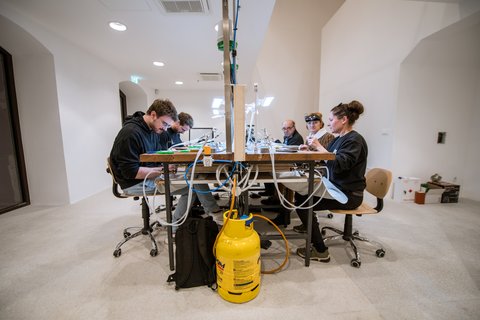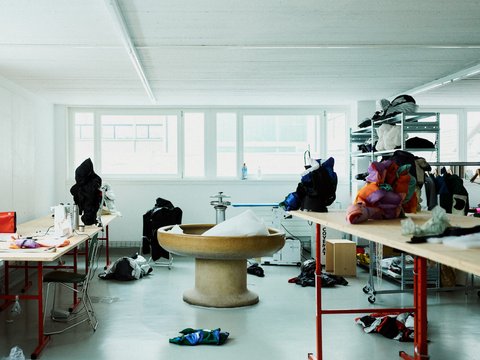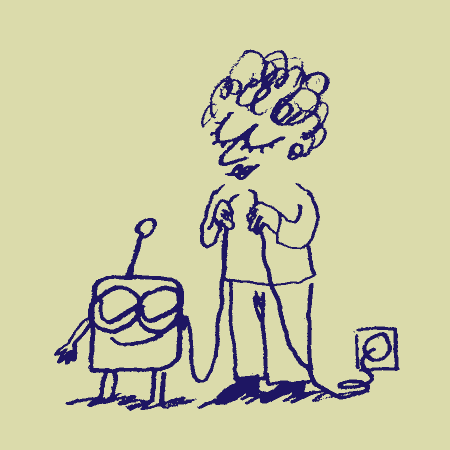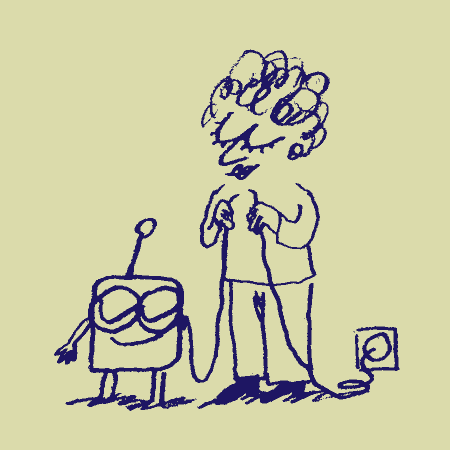Digital fabrication in elementary schools
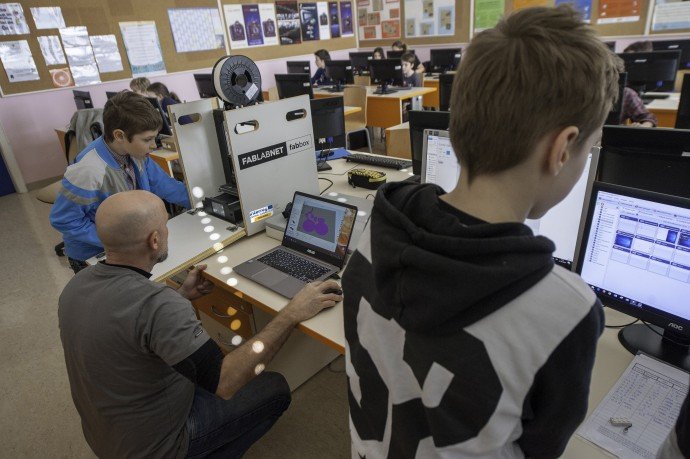
In recent years we have witnessed exceptional progress in digital technologies and enjoyed their greater accessibility. At the same time we are increasingly aware, as a society, that education is more than simply the accumulation of knowledge. Children should be empowered to become informed users and be given the tools that will help them understand new technologies and allow them to co-create things according to their needs and ideas.
As a result, in May 2017, in the framework of the Central-European project FabLabNet, RogLab announced the competition entitled My school can be a makerspace! Its goal was to work with teachers to develop training programmes that would introduce children to the world of digital fabrication technologies. Based on the project ideas submitted we selected two schools with whom we’ve been developing project-focused and collaborative educational programmes for children attending the second (grades 4–6) and third cycle (grades 7–9) at the elementary schools Tone Čufar in Ljubljana and Log Dragomer.
The first to venture into the world of fabrication technologies were computer science teacher Majda Jurkovič and technology teacher Petja Pompe Kreže. Based on their proposed concept design they developed a series of so-called "hands-on" lessons through which the children get to know the world of digital fabrication.
The teachers and their pupils are being introduced to new software and modeling environments. They take a more systematic approach to exploring ideas and opportunities for problem solving in different real life situations. Pupils tackle the problems independently, in pairs or even small groups, because sometimes more heads are better than one.
With the assistance of the FabBox mobile laboratory the pilot programme in both schools was launched in mid-January this year. In ES Tone Čufar it takes place once a week for one academic hour in the framework of UPI (UPI stands for creative, entrepreneurial and innovative pupils) clubs in which pupils are encouraged to be creative, entrepreneurial and innovative. The programme in ES LOG Dragomer takes place in the framework of technology lessons once every two weeks for two academic hours. In the meantime, teachers and their pupils practice alone and work on improving the projects.
“We were very happy when our school Log Dragomer was invited to join RogLab and FabLabNet’s pilot programme. As many as half of our seventh graders joined the classes. For all but one of our pupils this was their first experience with a 3D printer and a laser cutter. The pupils are really keen on exploring new 3D and 2D CAD software. They are learning extremely fast and can't wait to see their final products, of which they are really proud.”
- Petja Pompe Kreže, teacher
We guide the children from simple to more complex 3D technologies and at the end of each session their knowledge is materialized into a concrete product ‒ be it with the help of a 3D modeller, 3D printer or a laser cutter. Once the objects are made the pupils discuss how they could be improved and repeat the fabrication process. This way they become acquainted with the principle of rapid prototyping.
“It’s really important for children to learn from their mistakes, to explore the reasons behind them, and try to solve problems independently. These are the skills and knowledge that they’ll be able to apply to similar real-life situations.”
- Majda Jurkovič, teacher
By June 2018, when the programme will be concluded, the children will have learned how to use Tinkercad modelling software, Inkscape, a 2D design tool and vector graphics editor, and become acquainted with the basics of 3D printing, laser cutting and laser engraving. And most importantly, by using technologies in practice they will come to realise that the world of new technologies is not a virtual one, but one that offers powerful tools that help turn ideas into concrete objects.
The FabLabNet project is funded by Interreg Central Europe.
See more
JSP
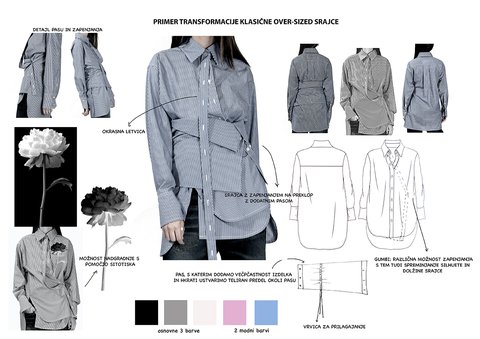
The fashion industry addresses a mature woman with idealized youthful concepts of clothing that do not meet her needs. That is why fashion designer Jelena Proković from the JSP collective will offer women after 50 years a stylish platfor...

